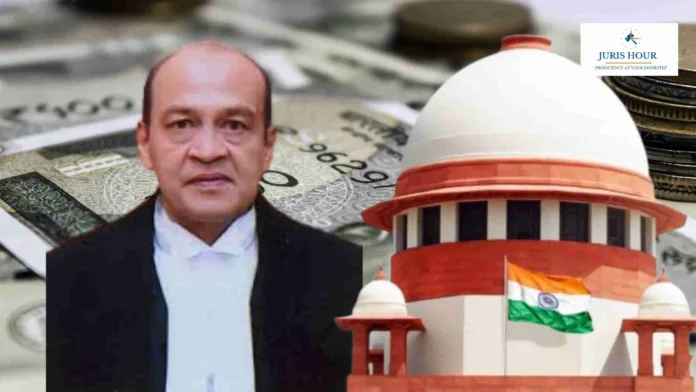In a rare and defiant stance against what he described as a “fundamentally unjust” process, Justice Yashwant Varma has refused to step down or opt for voluntary retirement amidst a controversy surrounding the discovery of charred currency notes at his New Delhi residence earlier this year.
In a letter dated May 6, Justice Varma conveyed to then Chief Justice of India (CJI) Sanjiv Khanna that resigning under the prevailing circumstances would amount to endorsing a flawed and procedurally unfair investigation. The letter, accessed by Hindustan Times, came in response to the CJI’s May 4 communication urging him to demit office following the findings of a fact-finding committee.
‘Wasn’t Given a Fair Hearing’
Justice Varma strongly criticized the process, asserting he was not afforded a “meaningful opportunity” to address the specific allegations. “To accept such advice would imply my acquiescence to a process and outcome that I respectfully consider to be fundamentally unjust and requiring reconsideration and review,” he stated.
He also highlighted the compressed timeline of just 48 hours given to him to respond to the findings of a three-judge in-house panel, which concluded that he was liable for misconduct.
Background of the Case
The controversy arose after allegedly charred currency notes were discovered in the outhouse of Justice Varma’s residence. In response, the then CJI constituted a fact-finding committee to look into the matter. The committee subsequently held Justice Varma accountable for misconduct.
While the in-house committee’s report has not been made public, sources indicate that the recommendations prompted the CJI to advise Justice Varma to resign or retire voluntarily to preserve the integrity of the judiciary.
Implications and Reactions
Justice Varma’s refusal to resign underlines growing concerns within judicial circles about procedural transparency and fairness in internal disciplinary mechanisms. His decision could ignite a larger debate over judicial accountability and the rights of sitting judges in inquiries involving allegations of misconduct.
As the matter gains national attention, legal experts and constitutional commentators are expected to weigh in on whether the established procedures meet the standards of natural justice.

